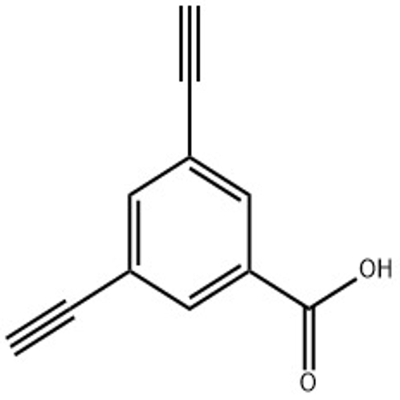-
Categories
-
Pharmaceutical Intermediates
-
Active Pharmaceutical Ingredients
-
Food Additives
- Industrial Coatings
- Agrochemicals
- Dyes and Pigments
- Surfactant
- Flavors and Fragrances
- Chemical Reagents
- Catalyst and Auxiliary
- Natural Products
- Inorganic Chemistry
-
Organic Chemistry
-
Biochemical Engineering
- Analytical Chemistry
-
Cosmetic Ingredient
- Water Treatment Chemical
-
Pharmaceutical Intermediates
Promotion
ECHEMI Mall
Wholesale
Weekly Price
Exhibition
News
-
Trade Service
2,5,6-Triamino-4-hydroxypyrimidine sulfate, also known as TAPS, is a chemical compound that is commonly used in the chemical industry.
It is a white or slightly yellowish crystalline powder that has a strong, unpleasant odor.
TAPS is soluble in water and is used as a flocculant in the purification of drinking water and in the production of paper.
It is also used as a catalyst in the production of PVC and as a leveling agent in the production of textiles.
Despite its widespread use in the chemical industry, TAPS is considered to be a toxic substance.
It has been shown to cause skin irritation, respiratory problems, and gastrointestinal issues in humans.
In addition, TAPS is classified as a Category 2 carcinogen by the International Agency for Research on Cancer (IARC), which means that it is possibly carcinogenic to humans.
One of the main health concerns associated with TAPS is its potential to cause cancer.
Studies have shown that TAPS can cause DNA damage in laboratory animals, which increases the risk of cancer.
However, it is important to note that these studies were conducted using high doses of TAPS, and it is not clear whether lower doses would have the same effect.
Another health concern associated with TAPS is its potential to cause reproductive problems.
Studies have shown that TAPS can cause birth defects in laboratory animals, and it is possible that it could cause similar problems in humans.
However, more research is needed to determine the potential risks to human reproductive health.
In addition to its potential health risks, TAPS is also considered to be a hazard to the environment.
It is highly soluble in water, which means that it can easily be released into the environment and can contaminate soil and groundwater.
TAPS is also persistent in the environment, which means that it can remain in soil and groundwater for a long time, potentially causing long-term damage to ecosystems.
To mitigate the risks associated with TAPS, it is important to follow proper handling and storage procedures.
This includes wearing protective clothing and equipment, such as gloves and respirators, and storing TAPS in a secure location away from heat, light, and sources of ignition.
In addition, it is important to dispose of TAPS in accordance with local regulations, which may include special handling and disposal requirements.
Overall, TAPS is a toxic chemical that poses health and environmental risks.
While it has some useful applications in the chemical industry, it is important to handle it with care and to follow proper safety procedures to minimize the risks associated with its use.







